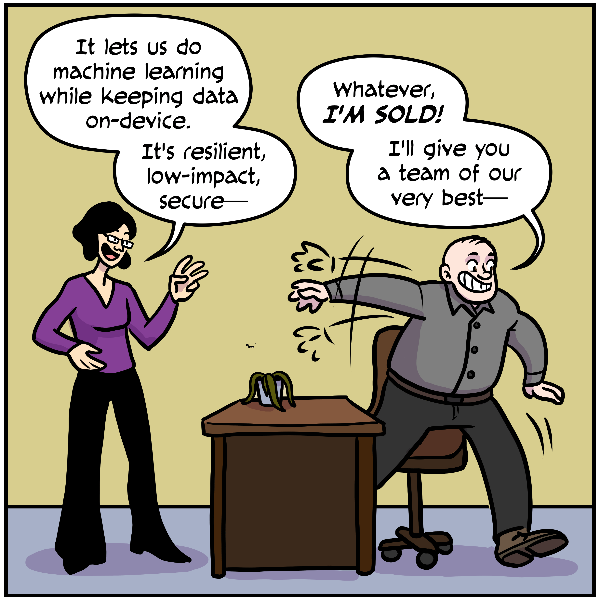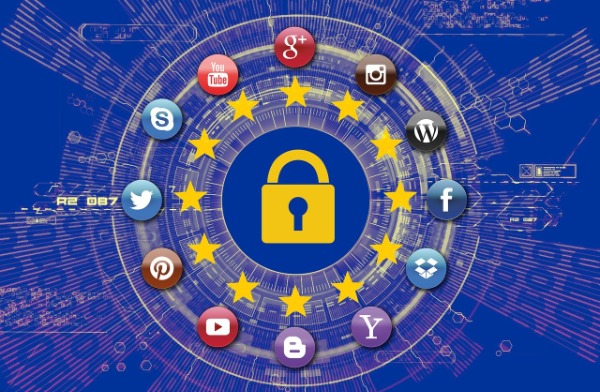Federated Learning
When I first think of federated learning, what comes to mind is something like a college federated department. For example, the history faculty at NJIT and Rutgers University-Newark are joined in a single federated department offering an integrated curriculum and joint undergraduate and graduate degree programs.
Having worked at NJIT, it made sense to combine the two departments and collaborate. Each had its own specialties but they were stronger together.
In technology, a federation is a group of computing or network providers agreeing upon standards of operation in a collective fashion, such as two distinct, formally disconnected, telecommunications networks that may have different internal structures.
There is also federated learning which sounds like something those two history departments are doing, but it is not. This federated learning is the decentralized form of machine learning (ML).
In machine learning, data that is aggregated from several edge devices (like mobile phones, laptops, etc.) is brought together to a centralized server. The main objective is to provide privacy-by-design because, in federated learning, a central server just coordinates with local clients to aggregate the model's updates without requiring the actual data (i.e., zero-touch).
I'm not going to go very deep here about things like the three categories (Horizontal federated learning, vertical federated learning, and federated transfer learning). As an example, consider federated learning at Google where it is used to improve models on devices without sending users' raw data to Google servers.

For people using something like Google Assistant, privacy is a concern. Using federated learning to improve “Hey Google,” your voice and audio data stay private while Google Assistant uses it.
Federated learning trains an algorithm across the multiple decentralized edge devices (such as your phone) or servers that have local data samples, without exchanging them. Compare this to traditional centralized machine learning techniques where all the local datasets are uploaded to one server.
So, though federated learning is about training ML to be efficient, it is also about data privacy, data security, data access rights and access to heterogeneous data.
MORE at analyticsvidhya.com...federated-learning-a-beginners-guide

